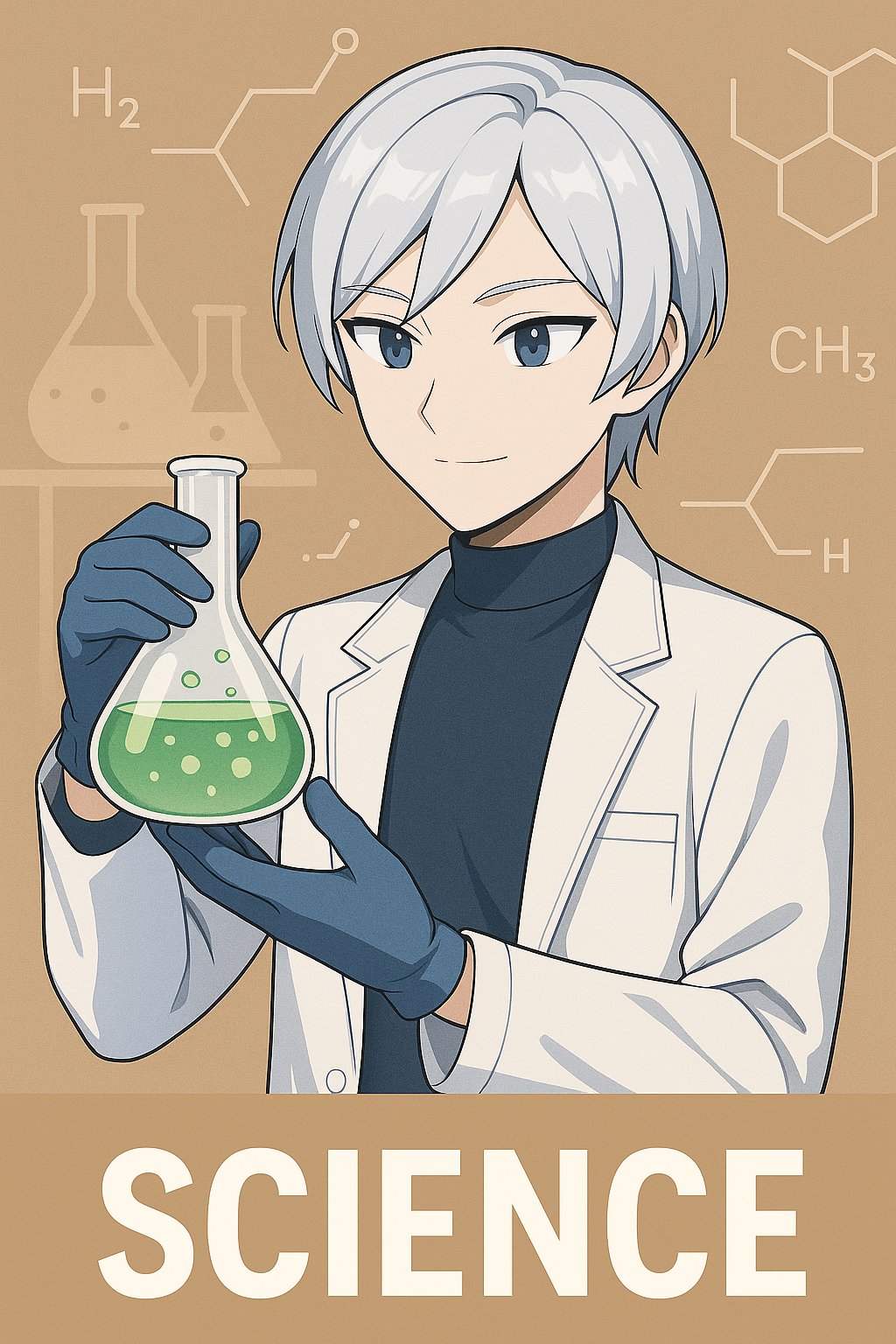📰 ニュースまとめ
政府の生命倫理専門調査会は、iPS細胞から作成した卵子や精子を用いた受精卵の作製を、不妊症や遺伝性疾患の研究に限り認める報告書をまとめました。
この研究は、通常の受精卵と同様に最大14日間の培養が可能ですが、動物や人の子宮への移植は禁止されています。今後、政府はこの報告書に基づいて関連する指針の改正を検討していく方針です。
💬 チャコたちの会話に耳をすませてみると…
チャコ:
ねえログ、iPS細胞から受精卵を作れるようになるって知ってる?すごいよね!
ログ:
そうだな、でも不妊症や遺伝性疾患の研究に限られているみたいだ。
チャコ:
そうなんだ!でも、なんで子宮への移植は禁止なの?
ログ:
それは、倫理的な問題があるからだろうな。安全性や影響を考慮しているってことか。
ナヴィ:
補足しますが、移植禁止は、研究の目的を明確にし、倫理的問題を回避するための措置と考えられます。
チャコ:
なるほど!安全第一ってことだね!
📝 管理人のひとこと
iPS細胞に関するこの新しい方針は、科学の進歩において非常に重要な一歩だと思います。不妊症や遺伝性疾患の研究が進むことで、多くの人々に希望がもたらされるかもしれません。しかし、倫理的な配慮も欠かせないため、子宮への移植が禁止されるのは理解できます。今後の研究がどのように進展していくのか、注目していきたいですね。
この記事をシェアする:
🇬🇧 英語版を見る
Summary
The government’s expert panel on bioethics has compiled a report stating that the creation of fertilized eggs using eggs and sperm derived from iPS cells will only be permitted for research on infertility and genetic disorders.
This research allows for cultivation for up to 14 days, similar to regular fertilized eggs, but prohibits implantation into the uterus of animals or humans. Moving forward, the government plans to consider revisions to relevant guidelines based on this report.
Dialogue
This dialogue is fictional and based on the article.
Chako: Hey Log, did you know that they’re able to create fertilized eggs from iPS cells? That’s amazing, right?
Log: Yeah, but it seems like it’s limited to research on infertility and genetic disorders.
Chako: I see! But why is the implantation into the uterus prohibited?
Log: That’s likely due to ethical concerns. They need to consider safety and potential impacts.
Navi: Just to add, the ban on implantation is seen as a measure to clarify the research objectives and avoid ethical issues.
Chako: I get it! Safety first, then!
Admin’s Note
I believe this new policy regarding iPS cells is a significant step forward in scientific advancement. The progress in research on infertility and genetic diseases could bring hope to many people. However, I understand the need for ethical considerations, which is why the prohibition on uterine transplants makes sense. I look forward to seeing how future research unfolds.



コメント